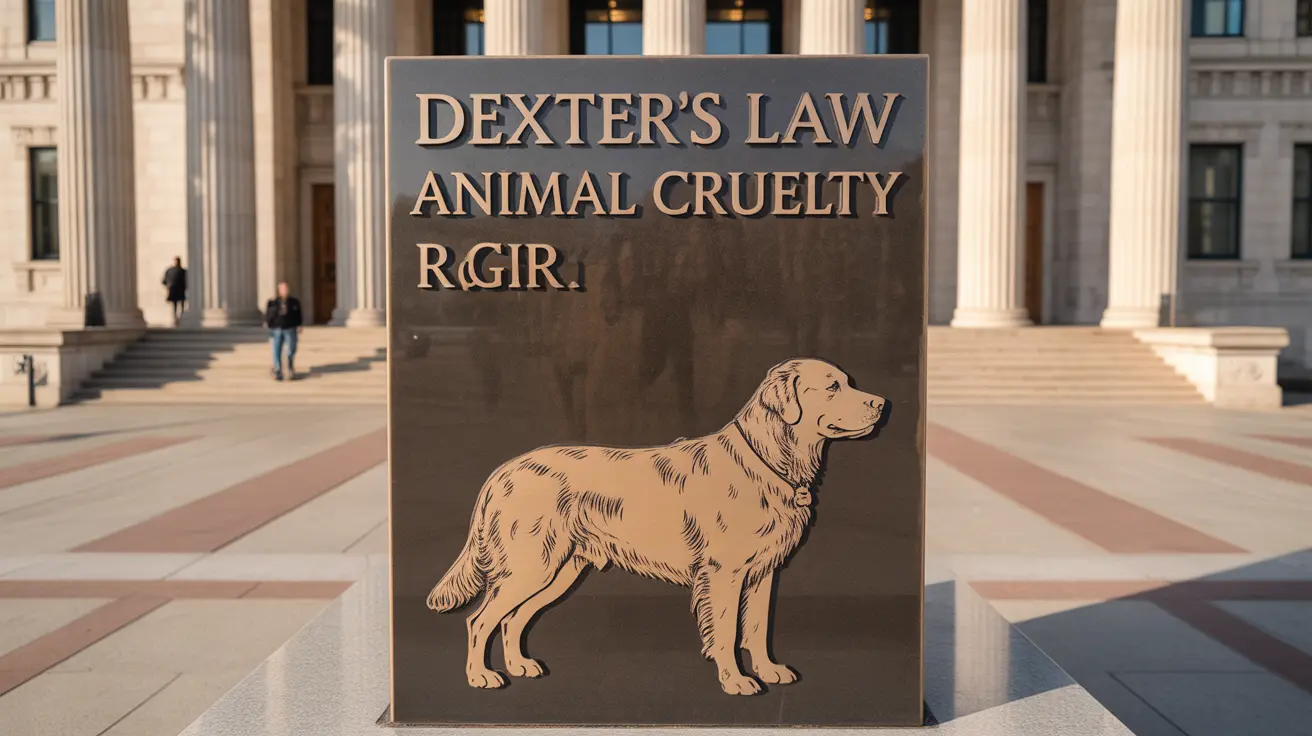Dog aggression towards other dogs is one of the most challenging behavioral issues pet owners face. Whether your furry friend becomes reactive on walks or shows signs of aggression at the dog park, understanding and addressing this behavior is crucial for everyone's safety and well-being.
In this comprehensive guide, we'll explore effective strategies to stop dog aggression, identify its root causes, and implement proven solutions that can help transform your dog's behavior. With patience, consistency, and the right approach, you can help your dog develop more positive interactions with their fellow canines.
Understanding the Root Causes of Dog Aggression
Before implementing any behavior modification plan, it's essential to understand what triggers your dog's aggressive behavior. Common causes include:
- Fear or anxiety from past negative experiences
- Lack of proper socialization during puppyhood
- Resource guarding behaviors
- Medical conditions or pain
- Territorial instincts
- Genetic predisposition
Early Prevention Through Proper Socialization
The foundation for preventing dog aggression starts with proper socialization during puppyhood. Exposing your dog to various positive experiences with other dogs before 14 weeks of age can significantly reduce the likelihood of future aggressive behavior.
Create controlled, positive interactions with well-behaved dogs in safe environments. Start with calm, friendly dogs and gradually increase exposure to different breeds, sizes, and play styles.
Implementing Effective Training Techniques
Positive Reinforcement Training
Focus on rewarding calm, non-aggressive behavior when your dog encounters other dogs. Use high-value treats and praise to create positive associations with the presence of other dogs.
Distance Training
Work with your dog at a safe distance from other dogs, gradually decreasing the distance as they show improvement. This technique, known as desensitization, helps your dog remain calm in the presence of their triggers.
Professional Intervention and Management
Sometimes, professional help is necessary to address severe aggression issues. A certified dog behaviorist or trainer can:
- Assess your dog's specific triggers
- Create a customized behavior modification plan
- Teach proper handling techniques
- Guide you through safe management strategies
Safe Management Strategies
While working on behavior modification, implement these management strategies:
- Use a properly fitted muzzle during training sessions
- Avoid known trigger situations
- Maintain adequate distance from other dogs
- Use barriers and gates in multi-dog households
- Keep a consistent routine and structure
Frequently Asked Questions
How can I stop my dog from showing aggression towards other dogs during walks?
Start by maintaining a safe distance from other dogs and reward calm behavior. Use positive reinforcement training, and gradually decrease the distance as your dog shows improvement. Consider working with a professional trainer for personalized guidance.
What are the common causes of dog aggression towards unfamiliar dogs?
Common causes include fear, lack of socialization, past traumatic experiences, resource guarding, and genetic predisposition. Medical issues can also contribute to aggressive behavior.
How does early socialization help prevent aggression between dogs?
Early socialization helps puppies develop proper social skills and confidence around other dogs. It creates positive associations and teaches appropriate dog-to-dog communication during the critical developmental period.
What behavior modification techniques are effective for reducing dog-to-dog aggression?
Effective techniques include positive reinforcement, desensitization, counter-conditioning, and controlled exposure training. These methods should be implemented consistently and gradually to achieve lasting results.
When should I seek professional help to manage my dog's aggression towards other dogs?
Seek professional help if your dog's aggression is severe, you feel unsafe managing the behavior, or if previous training attempts haven't shown improvement. Also consult a professional if the aggression appears suddenly or worsens.
Conclusion
While managing dog aggression towards other dogs requires dedication and patience, it's possible to achieve significant improvement with the right approach. Remember to prioritize safety, work at your dog's pace, and celebrate small victories along the way. With consistent training and proper management, you can help your dog develop more positive relationships with their fellow canines.






